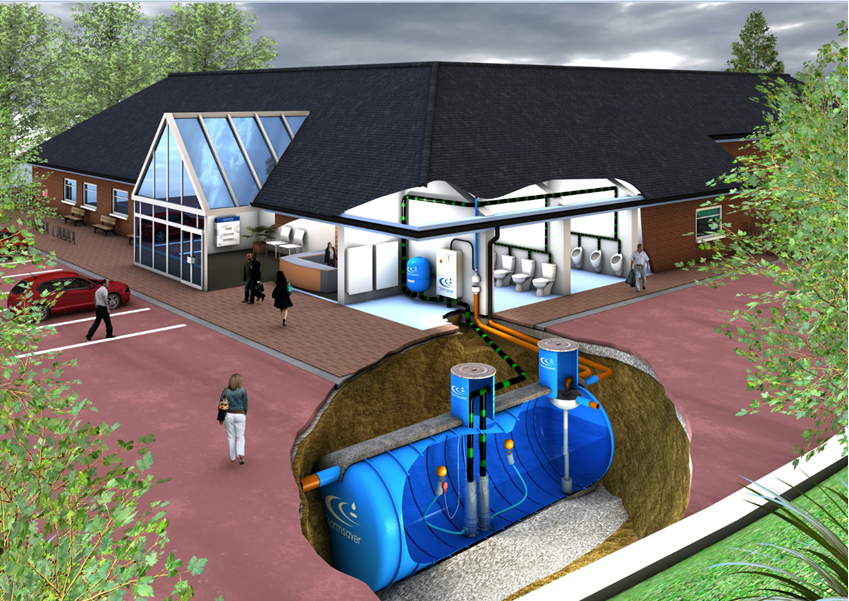News
Lagoons Being Built As Part Of Water Protection Scheme
The Coal Authority is building five new settlement lagoons to sit alongside the existing two at the former Lynemouth Colliery as part of plans to make sure that water within the underground coal workings can be operated in such a way as to prevent groundwater contamination.
Settlement lagoons themselves are an essential part of the water filtration process, using sedimentation to remove unwanted solid matter from water, as well as reducing water turbidity (cloudiness or haziness) and reducing the potential for solid contaminants from the water.
These particular lagoons improve water quality substantially by reducing the elevated iron levels found in mine water before it is discharged into the North Sea.
Once it is running at full capacity, the scheme will be able to treat more than six billion litres of water each year, which is the equivalent to 2,400 Olympic-sized swimming pools. In all, 300 tonnes of iron will be removed and approximately 1.6 million cubic metres of drinkable water will be protected.
Project manager for the Coal Authority Jim Bagnall said: “Works on this second phase began in September and once completed will provide the capacity needed to control the mine water emanating from the underground workings at not only Lynemouth but also the larger mining block linked to Ellington Colliery.
“Lynemouth Colliery was part of a larger mining block linked to Ellington Collier, known as Ellington Combine, that worked reserves under the North Sea. The mining block extends from Morpeth in the west to West Chevington in the north.
“Historically, water levels were controlled at a number of pumping stations in the area. However, pumping stopped in 1994, with the colliery finally closing in 2005.”
He went on to say that the scheme was always supposed to be introduced in stages, with the first two lagoons going online back in 2015.
Protecting our water supplies is a must these days, given the pressure that is now being put on this particular resource thanks to the growing urban environment, climate change and the burgeoning population.
Businesses can start doing their bit now by looking into the likes of commercial rainwater harvesting, which involves collecting the water that lands on the roof of your business so it can be filtered and used in place of precious mains water. You can use it for applications such as toilet flushing, laundry and process water, and vehicle washing.
There are all sorts of benefits to installing a rainwater system on your site, from lowering water bills and reducing your impact on the environment to increasing cost efficiencies. If you’d like to find out more, get in touch with us today.
